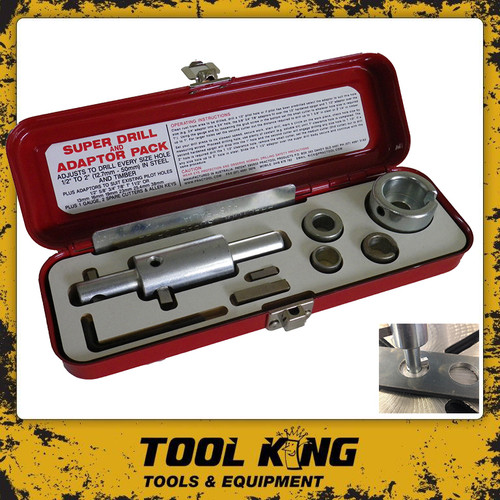OzDozer
Senior Member
The holes would certainly have been punched simultaneously, originally - but before the shoe was heat treated. It's the heat treated steel we have to deal with now.
I do like the idea of a carbide burr - but I reckon it would wear out more than one, doing the job.
I can recall lending one of my good Garryson carbide burrs to my workshop neighbour, a truck mechanic, so he could enlarge many holes on a truck chassis.
It took him quite a while (with a hand-held drill) and my burr came back considerably worse for wear!
I wasn't too upset, Joe was a good and helpful neighbour otherwise, and I owed him for help he'd given me.
At the end of the day, the amount to be taken out of the shoes is only 1/16" in depth all round - so it's not a huge amount of metal - nor would centering be 100% critical, because the links are often not positioned with deadly 100% accuracy on the track pins and bushings, anyway.
I do like the idea of a carbide burr - but I reckon it would wear out more than one, doing the job.
I can recall lending one of my good Garryson carbide burrs to my workshop neighbour, a truck mechanic, so he could enlarge many holes on a truck chassis.
It took him quite a while (with a hand-held drill) and my burr came back considerably worse for wear!
I wasn't too upset, Joe was a good and helpful neighbour otherwise, and I owed him for help he'd given me.
At the end of the day, the amount to be taken out of the shoes is only 1/16" in depth all round - so it's not a huge amount of metal - nor would centering be 100% critical, because the links are often not positioned with deadly 100% accuracy on the track pins and bushings, anyway.


